Making the “Science of Reading” Real in Classrooms: Lessons for Leaders
This profile is part of the Follow the Leaders project, an ongoing series from Relay Graduate School of Education to share insights and inspiration on leading for equity, wellness, and achievement. Subscribe here.
Now in its fourth year operating Emma Donnan Elementary & Middle School, a K-8 public charter school in south Indianapolis, Adelante Schools has built relationships with the community, outperformed peer schools, and received national recognition. (As one example, Emma Donnan’s Executive Principal, Kendra Randle, was honored with a 2023 Milken Educator Award.)
But as they prepared to restart the school for the 2020-21 school year, CEO Eddie Rangel and Chief School Officer Matthew Rooney recognized that low reading proficiency in the early grades could limit students’ growth in the years that followed. So they decided to make foundational literacy — starting in kindergarten — a multi-year priority at Emma Donnan.
Otherwise, Rangel says, “We were always going to face the systemic problem of getting kids in third grade who are not quite reading yet.”
To break this familiar cycle, Rangel and Rooney turned to a decades-old body of research about how children learn to read, and used it to inform Adelante’s early literacy instruction. “Foundational literacy was going to be the thing that we were going to get right,” Rooney says.
The intensive multi-year focus has begun to pay off. In 2022-23, students in kindergarten and the second grade saw dramatic 50 to 60 percentage point gains in benchmark reading scores, with students in first and third grade seeing smaller but significant improvements on mClass DIBELS tests (see chart below).%20and%20end%20of%20year%20(EOY)%20in%20the%202022-23%20school%20year%2c%20as%20measured%20by%20mClass%20DIBELS%20benchmarks.jpeg?width=400&height=360&name=Percentage%20of%20K-3%20students%20at%20or%20above%20proficiency%20at%20the%20beginning%20of%20year%20(BOY)%20and%20end%20of%20year%20(EOY)%20in%20the%202022-23%20school%20year%2c%20as%20measured%20by%20mClass%20DIBELS%20benchmarks.jpeg)
Percentage of K-3 students at or above proficiency at the beginning of year (BOY) and end of year (EOY) in the 2022-23 school year, as measured by mClass DIBELS benchmarks.
Going all in, Rangel says, was critical to ensure equitable literacy instruction.
“Far too often, we turn a blind eye and say we’ll catch them up,” he says. “And so we put a lot of stake into what we had to do in the early grades to not have to ask ourselves the question, ‘What went wrong in third grade?’ If we can get our K-3 literacy structures absolutely right, we’ll be able to turn our attention to whether all of our kids are truly college ready in the later grades.”
From the Science of Reading to the Teaching of Reading
A former elementary school teacher, Rangel reflected on how little training on the science of literacy he received during his own teacher preparation program. “I didn't learn how to teach phonological awareness, phonics, or fluency,” he recalls.
Rangel, Rooney, and the rest of the leadership team developed a strategy to change that at Adelante Schools:
- Ensure that teachers internalized the research behind the science of reading
- Give them the tools needed to translate research into classroom practice
- Provide ongoing coaching, feedback, and support (using data!) starting from the earliest grades
With these three essential components in place, they aimed to help all students become fluent readers, drawing from the school’s core values — and their emphasis on “productively loud and ebullient” learning — for the final ingredient.
“We want reading instruction at Adelante Schools to be the most joyous time of the school day,” Rangel says. “Learning to read is very difficult for everyone. And we want kids to know that they’re in a safe environment and it’s going to be a lot of fun.”
Learning the Science of Reading
Adelante Schools partnered with Lit and Relay Graduate School of Education to provide intensive professional development on both the science of reading and leadership support to put it in practice at Emma Donnan.
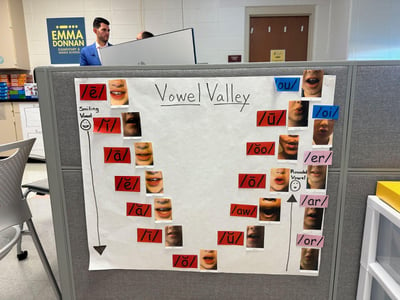
Professional development was rooted in the science of reading, including the five pillars of early literacy — phonemic awareness, phonics, fluency, vocabulary, and comprehension. Rangel and Rooney stress the importance of ensuring teachers are immersed in the science of reading as a precursor to changing classroom practice.
“Teachers have to read the research,” Rangel says. “If you don’t understand the science behind why we’re doing these technical skills, you’re never going to buy in [or] execute the technical side of [literacy instruction] with integrity.”
Practicing the Science of Reading-Based Strategies
From there, professional learning shifted to understanding what the science of reading looks like in the classroom. “When you connect research with practice, light bulbs go off,” Rangel says.
Research has affirmed the importance of students identifying individual sounds in spoken words to develop automaticity in word recognition, comprehension, and the patterns of spoken and written language. Accordingly, teachers received support to focus on guided and independent practice of phonemic awareness and phonics — from sounding out letter sounds to identifying prefixes, suffixes, and trick words.
As Rangel explains: “In the classroom, especially in foundational literacy, it is all about repetition. It’s about many practice sessions. It’s about direct and explicit feedback to students when they mispronounce something and going as small as saying, ‘Watch my mouth. This is how I say this sound’.”
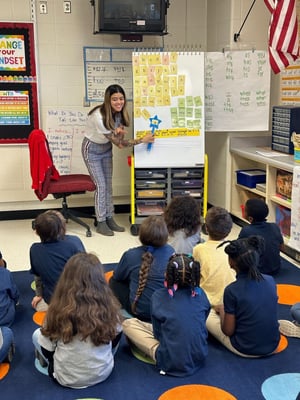
Group literacy instruction in a second grade classroom.
A seasoned alumni of Relay’s National Principal Academy Fellowship (NPAF) and Leverage Leadership Institute, Rangel applied the “See it-Name it-Do it” approach to adult learning, which focuses on the need for models (see it), a group discussion identifying best practices (name it), and then multiple opportunities for practice and feedback (do it) before teachers try new strategies in their classrooms.
Rangel also recognized that teachers may be unfamiliar with the practices suggested by the science of reading, telling them, “There’s going to be some cognitive dissonance versus what you’ve been doing in the past, and that’s okay, and we’re going to learn together.”
Like Rangel, 2nd grade teacher Isha Nigam learned little about the science of reading before coming to Adelante Schools. She says, “I think front loading the ‘why’ helps every teacher be invested because it’s like, ‘Oh, there’s actual science and data behind the way certain things should be taught.’ Learning these skills, learning how our curriculum ties into these strands of the reading rope has really helped.”
Bringing the Science of Reading to the Classroom
The first year of Adelante’s focus on foundational literacy skills followed the remote teaching of the COVID-19 pandemic. “We very quickly learned… that we needed to operationalize what the science of reading looks like in a classroom,” Rangel says.
Among the steps Adelante Schools took to do so:
- Dedicating time and leadership capacity. Adelante Schools added phonemic awareness blocks in grades K-3, phonological awareness blocks in K-2, and literacy intervention blocks in every grade level. The leadership team also committed to serving as dedicated literacy coaches to all teachers in the early grades and hired both a Chief Literacy Officer and Director of Literacy to provide additional support, including scripted lessons and one-on-one coaching.
- Creating cycles of coaching and feedback. Rangel and Rooney leaned on their leadership training from Relay to hone weekly observation and feedback cycles with a specific focus on foundational literacy. On Mondays, all foundational literacy teachers have a planning meeting to identify focus areas and expectations for students, followed by regular observation and feedback from their dedicated coaches during the week and a 30-minute meeting on Friday to identify students who continue to struggle and develop reteaching plans.
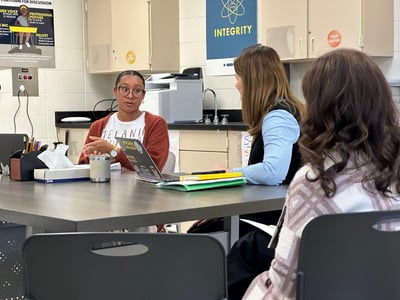
Chief Literacy Officer Chrissy Franz (right) coaches Ashley Hogan, Language Comprehension Teacher.
- Practice clinics. The leadership team uses observations to identify discrete skills which need reinforcement and regularly holds focused PD sessions where teachers “...practice as a team and then implement them in classrooms,” Rangel says. “We monitor its effectiveness, see how it impacts student data, and if it’s great, we move on to the next thing.”
- Data collection. Given the lack of written student work in the early grades, teachers are trained to identify and use granular real-time data associated with phonics and phonemic awareness. Teachers are expected to track students who struggle with specific skills and intentionally sit them in the front during group activities to ensure they get additional practice. Rangel explains: “Who is making the correct sounds? Who is mispronouncing a sound? And then real time marking it down on a clipboard and saying ‘I know the five kids I need to circle back with’.”
Teachers are already seeing and appreciating the impact of this approach to reading. Says Rangel, “Once teachers see kids coming in as emergent readers and leaving as fluent readers, they’re not asking questions anymore. They’re seeking out research.”
Focusing on Future Benefits for All Learners
Adelante’s leadership remains committed to foundational literacy as key to sustained student growth. Says Rooney, “Our hope is that as students stay with us and get older, that will yield huge benefits for them in the future.”
Along with an added focus on reading comprehension in the later grades, leaders also are focusing on ways to implement similar strategies for math instruction.
Rangel calls the sustained focus on early literacy an eye-opening experience. While the multi-year commitment has confirmed that “We get better at what we focus on,” he says, school leaders have recognized that meaningful changes don’t happen immediately. “It is just going to take time for teachers to really master their craft and be able to name the research behind a move they’re making in their classroom,” he says.
In the meantime, science of reading experts have visited the Emma Donnan campus to learn how Adelante Schools have put their research into practice. And when Rangel and Rooney visit classrooms, they hear third graders “practically shouting,” cheered on by their teachers as they call out letter sounds and participate in group activities.
“They are having the time of their lives seemingly every day in reading,” Rangel says. “And it’s just so special to see kids experiencing that, being led by a really great teacher.”
To read more stories like this, check out Relay’s Follow the Leaders series.
Taking it Back to Your School
- What are your literacy goals?
- What are the top 2-3 research-backed strategies you are investing in?
- What support do teachers need to translate theory to practice? What supports do they need to deeply understand the material? What supports do they need to practice and refine their strategies and skills?
- How will you know if you are successful?
Artifacts
- Adelante Schools 2023-24 Coaching Playbook
- Academics SOP Foundations Document
- Adelante Literacy Ecosystem Blueprint
About
Eddie Rangel is the Chief Executive Officer of Adelante Schools, a non-profit public charter school management organization which operates Emma Donnan Elementary & Middle School within the Indianapolis Public Schools Innovation Network. Previously, Eddie served as a school leader in the Tindley Accelerated Schools Network of Indianapolis where his school achieved 100% proficiency on the 3rd-grade reading proficiency exam for two consecutive years and increased math and reading proficiency by 19 and 17 points, respectively. Eddie holds a M.Ed. in Public School Building Leadership from Teachers College, Columbia University, an MA in Teaching from Marian University, and a BM in Music Performance from the University of Redlands. He is a proud alum of Relay’s 2018 cohort of the National Principal Academy Fellowship (NPAF) and the 2019 Leverage Leadership Institute Fellowship Cohort 6.
Matthew Rooney is the co-founder and Chief Schools Officer at Adelante Schools, a non-profit public charter school management organization which operates Emma Donnan Elementary & Middle School within the Indianapolis Public Schools Innovation Network. Since operating Emma Donnan since 2020, the school has seen 13-point growth in math proficiency in the Indiana state assessment and has scored in the 100th percentile of schools in Indianapolis on the TNTP Insight Survey. Rooney is a proud alum of the 20109 cohort of Relay's National Principal Academy Fellowship and the Leverage Leadership Institute Fellowship Cohort 8. He now serves as a coach and professional development facilitator for Relay Leadership Programs, providing on-going coaching support for school leaders in New York City and Warren County, North Carolina.
Share this
You May Also Like
These Related Stories
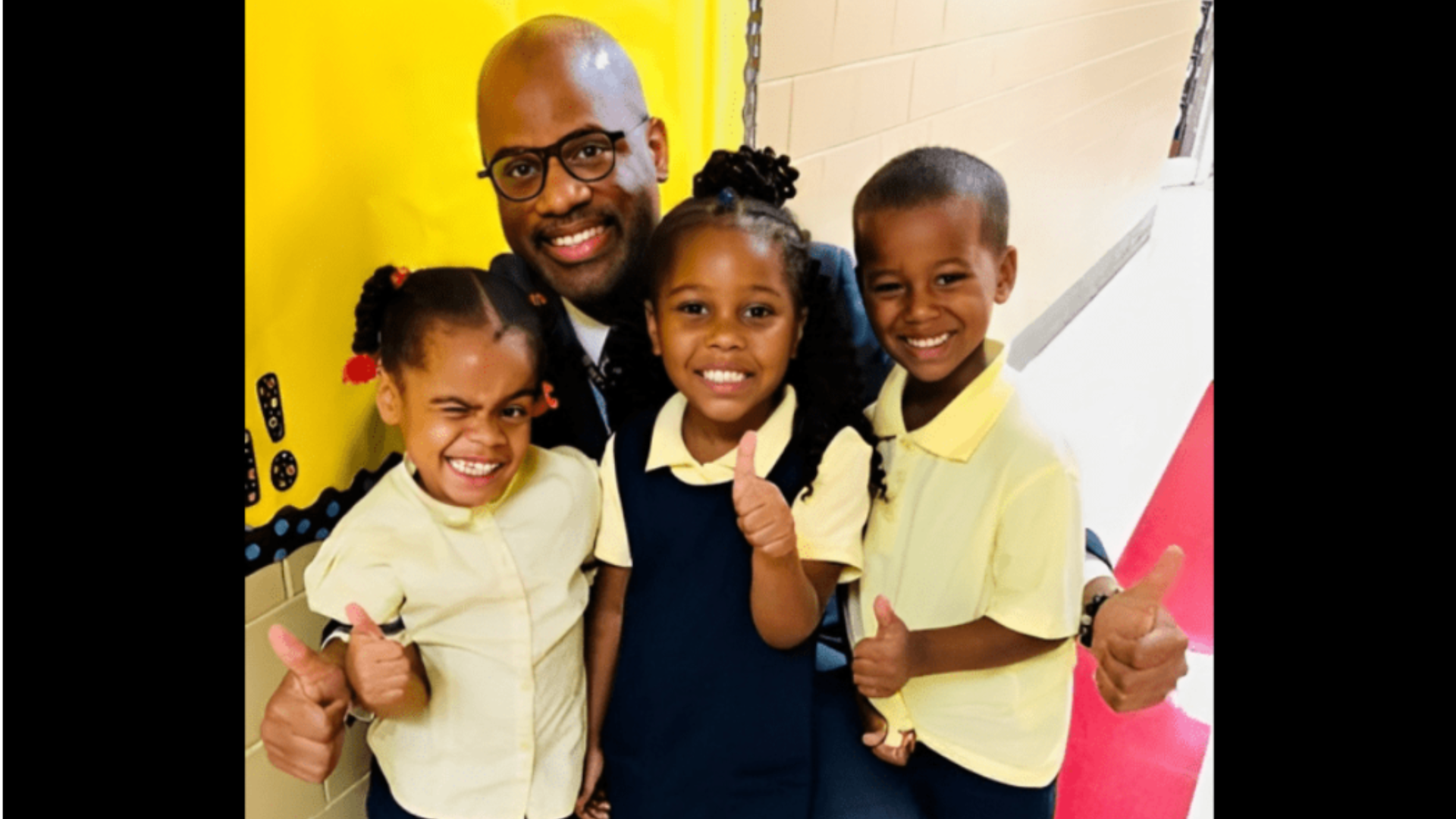
Go Slow to Go Fast: Change Through Focus
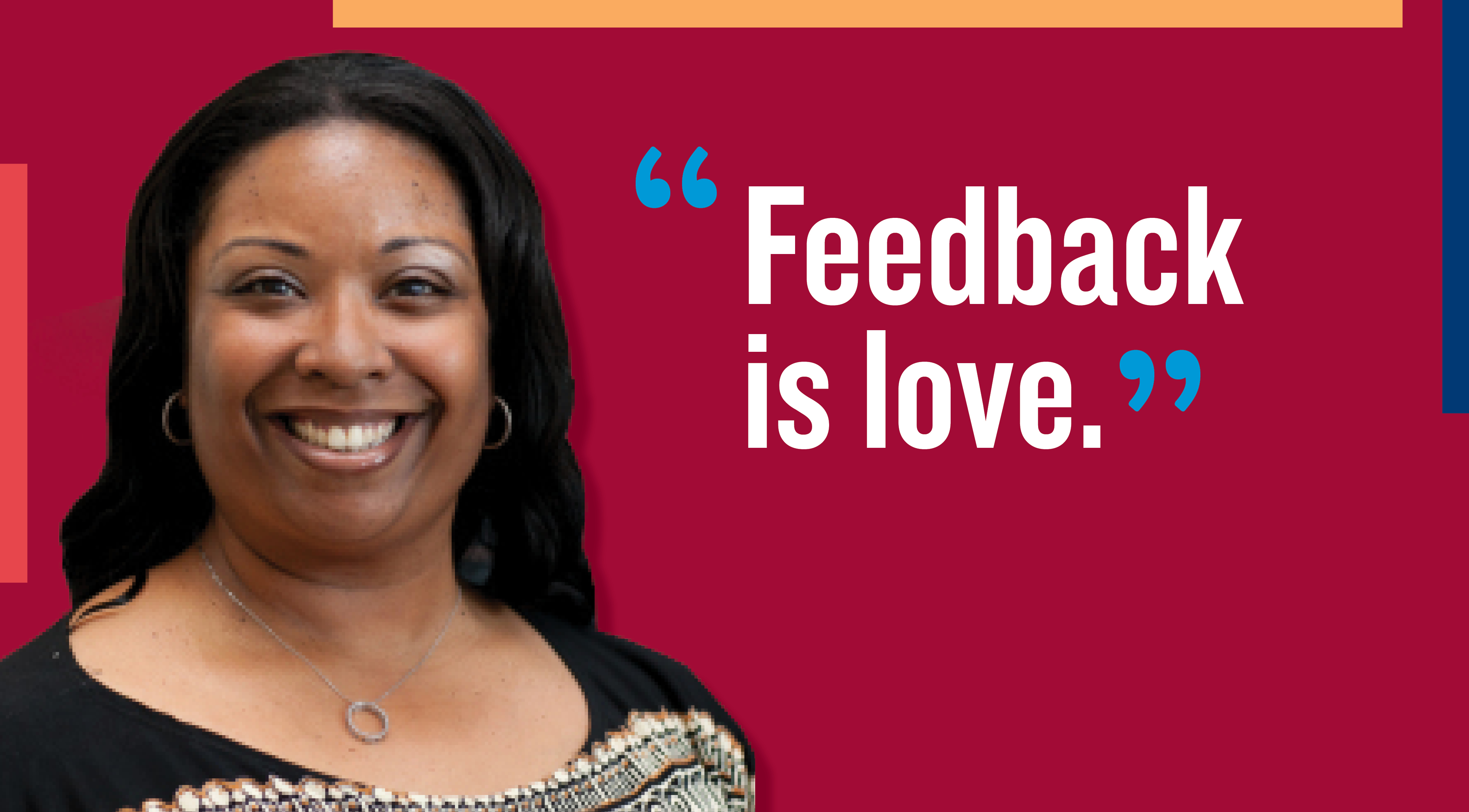
How One Instructional Leader Makes Classroom Walk Throughs Meaningful



